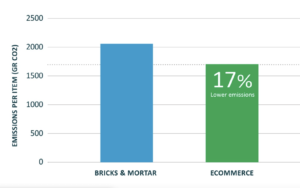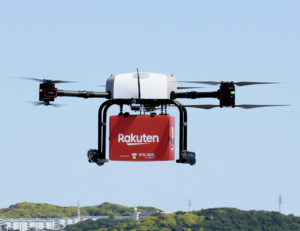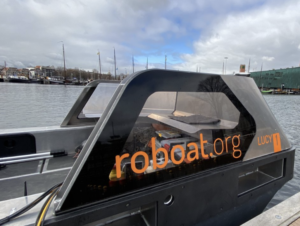Bringg report: the state of last-mile logistics

Based on a global survey of logistics and transportation leaders, the 2021 Bringg Survey Report State of Last Mile Logistics report examines logistics provider’s current pains and presents gaps between provider capabilities and current shipper demands. It also provides tips to overcome the challenges and facilitate long-term growth.
Efficient and sustainable last-mile logistics: lessons from Japan
Creating stakeholder awareness in construction logistics by means of the MAMCA
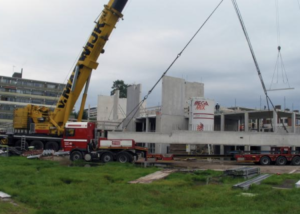
The temporariness of construction supply chains, in combination with the multiplicity of stakeholders complicates the organization of construction logistics. The problem for cities today is not the construction materials’ transports as such, it is how to ensure accessibility and mobility for stakeholders during the construction time.
Five questions about the future of pickup points
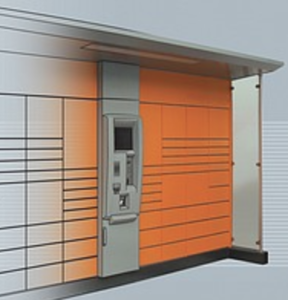
There are now more than ten thousand parcel pick-up points in the Netherlands. In large cities, the share of online shoppers picking up parcels at parcel points is increasing slightly. In less urban and rural areas, there are initiatives for neighborhood hubs in private homes and parcel lockers in stores and bus stops. Big business …
EVs will be cheaper to produce than petrol cars in all segments by 2027
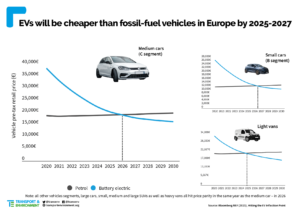
Electric cars and vans will be cheaper to make than fossil-fuel vehicles in every light vehicle segment across Europe from 2027 at the latest, according to a new BloombergNEF study commissioned by Transport & Environment (T&E). The research found that battery electric vehicles could reach 100% of new sales across the EU by 2035 if lawmakers introduce …
Research: the sustainability of Belgian collection and delivery point networks
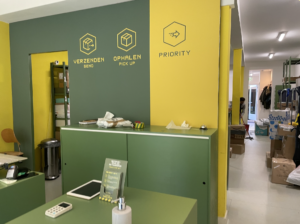
The increase in at-home deliveries of online ordered goods has led to a rise in urban logistics facilities. One such facility, in particular, the collection and delivery point (CDP), is an increasingly popular delivery option amongst carriers and holds the promise of more sustainable e-commerce logistics.
WEF: Net-Zero challenge for supply chains
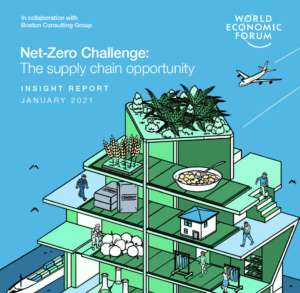
WEF, co-authored with Boston Consulting Group, published a report for the Net-Zero Challenge: The supply chain opportunity. It showcases the opportunity that all companies have for huge climate impact through action to decarbonize global supply chains. Addressing supply-chain emissions enables many customer-facing companies to impact a volume of emissions several times higher than they could if they …
E-grocery: comparing the environmental impacts of online and offline

The growth of e-commerce has been accompanied by concerns about its environmental sustainability compared to that of bricks-and-mortar offline shopping. The media often considers e-commerce to be less sustainable despite the lack of conclusive studies to support this viewpoint. There are a few quantitative studies available in the literature that demonstrate that the differences in …

